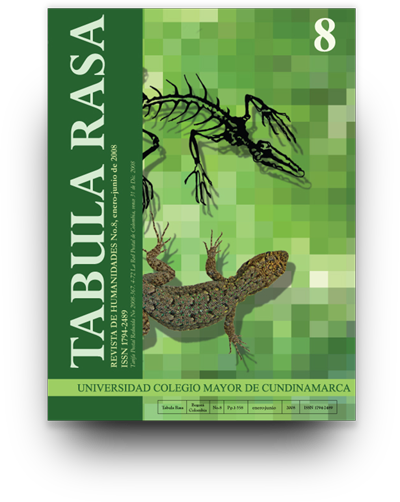Coloniality, imperiality and the debate about its overcoming
La colonialidad, la imperialidad y el debate sobre su superación
Show authors biography
The «emancipation» of the nineteenth century meant little to the original inhabitants and to the descendants of African slaves in the Americas. Both groups, the majority among the population of the New World, were left out of the new states that emerged after independence. If during the colony the Indians were considered second-order people, devoid of a capacity for complete reasoning, the Creoles and mestizos deprived them of all rights in the new States, despite their participation, in many cases enthusiastic, in the independence revolt . Blacks, slaves during the colony, were also marginalized from political power in all new states, except in one: Haiti (And in the latter case, with the consequences of marginalization of the international concert and extreme underdevelopment, known to all.) construction of national identities in independent states always starts from the moment of independence: the founding heroes are liberators and the original myths are the battles of liberation. The Amerindian past does not generally find accommodation in these patriotic narratives and the monuments hardly resemble black or indigenous heroes.
Article visits 51 | PDF visits 37




